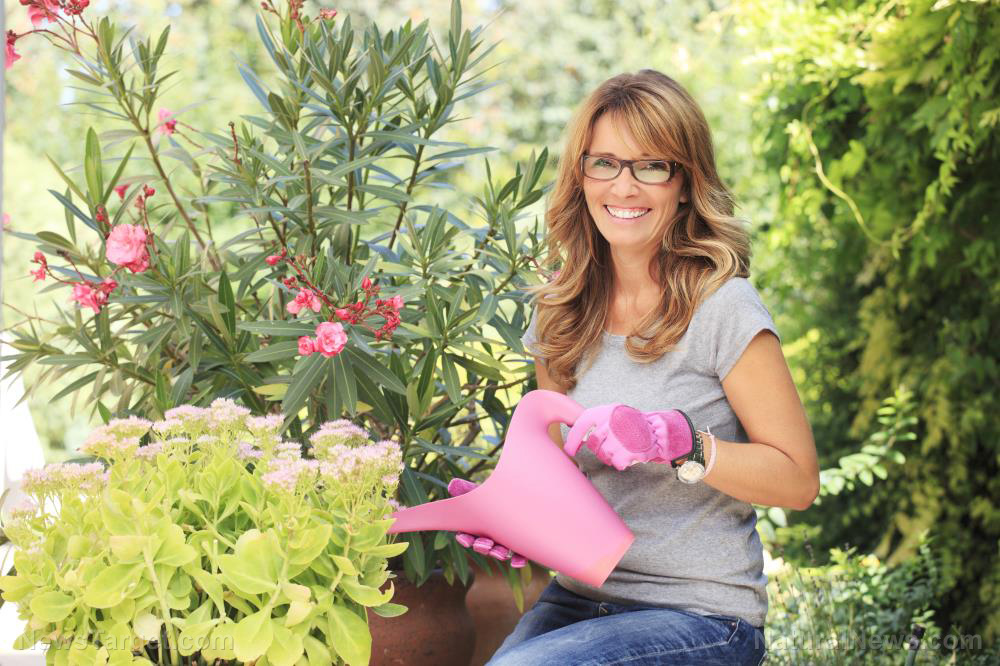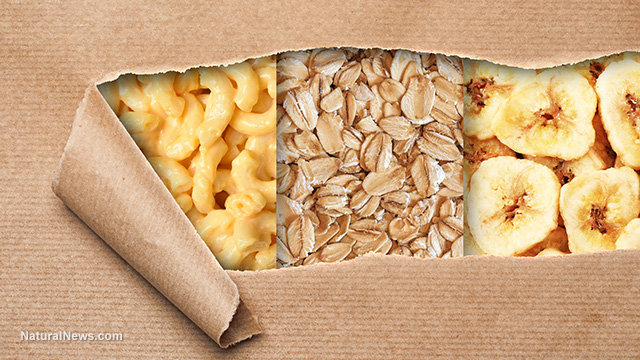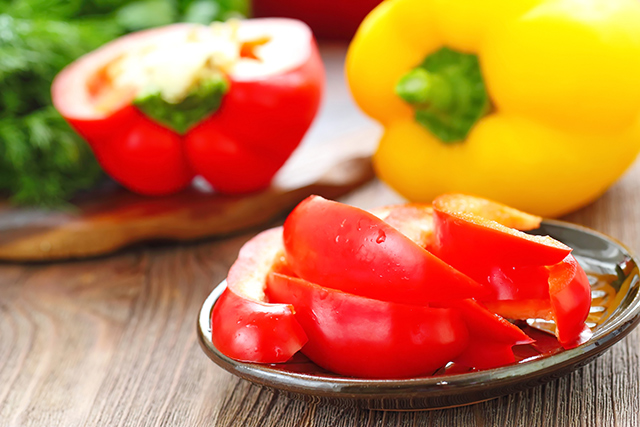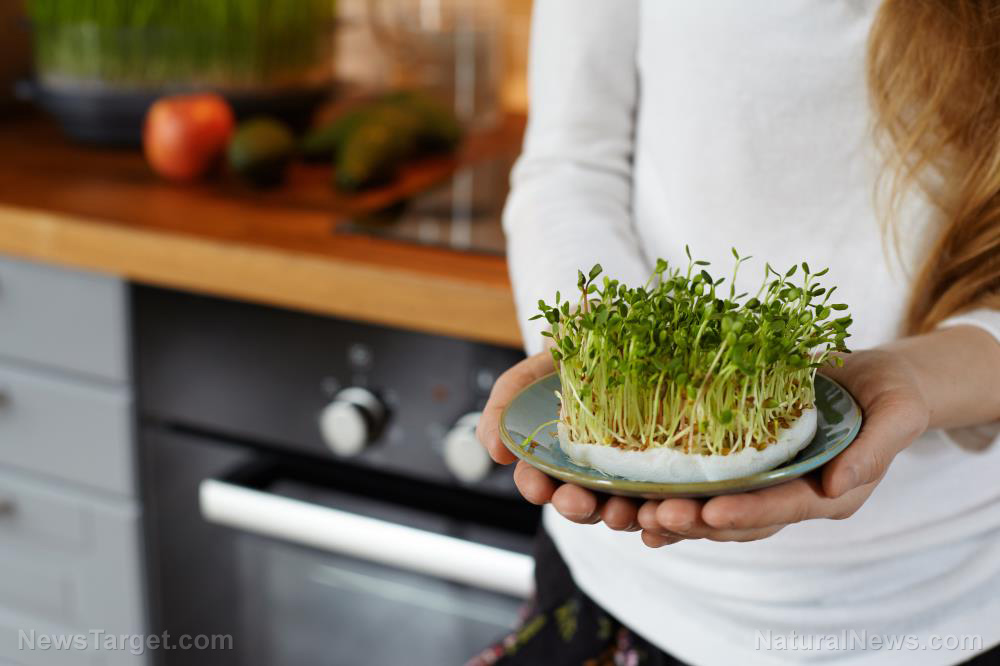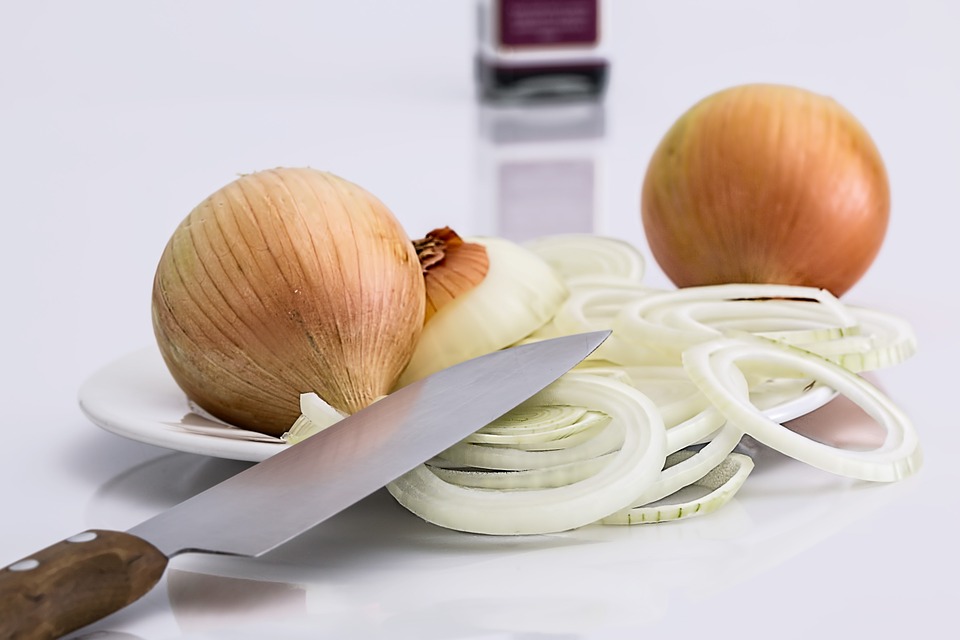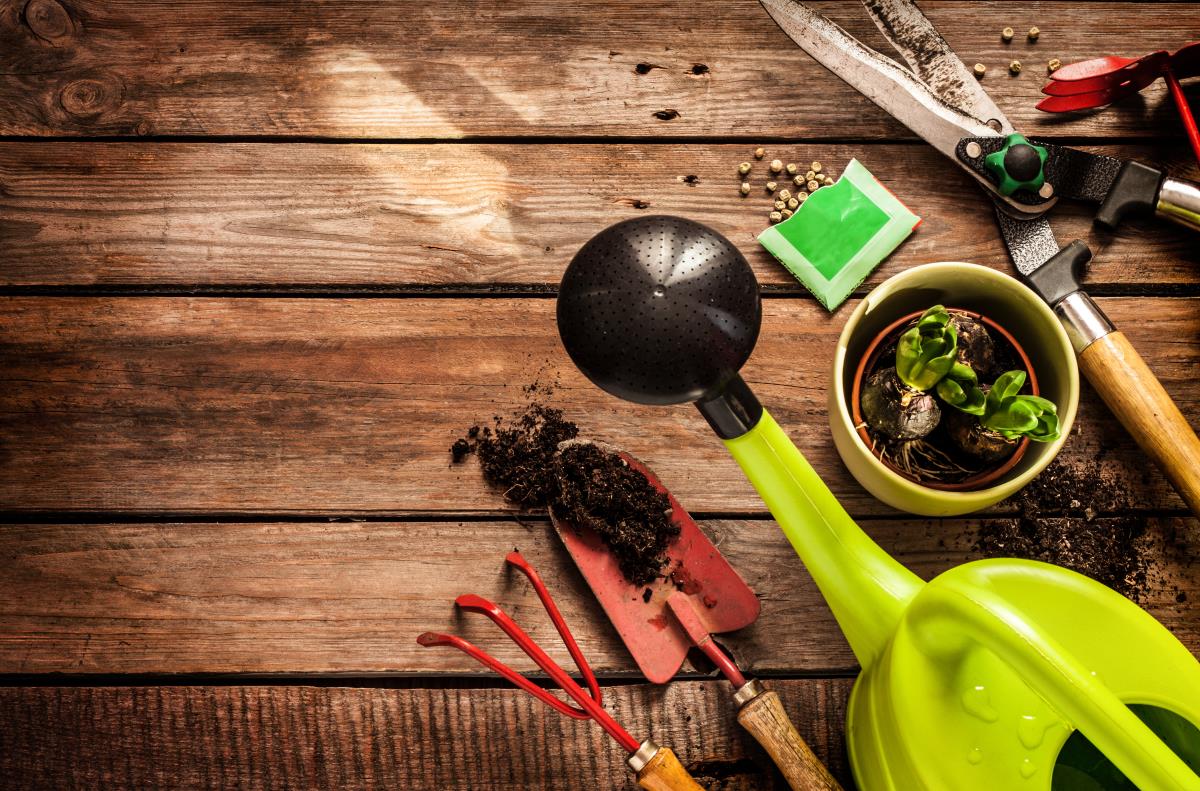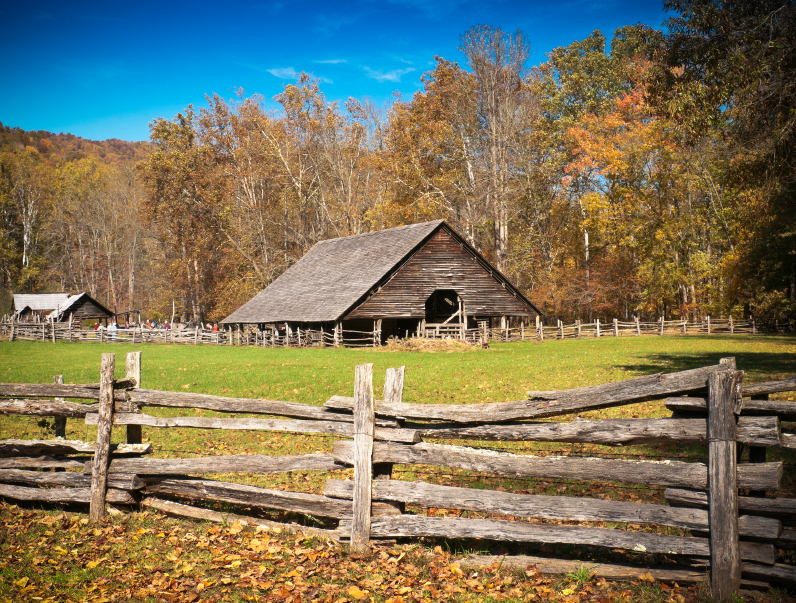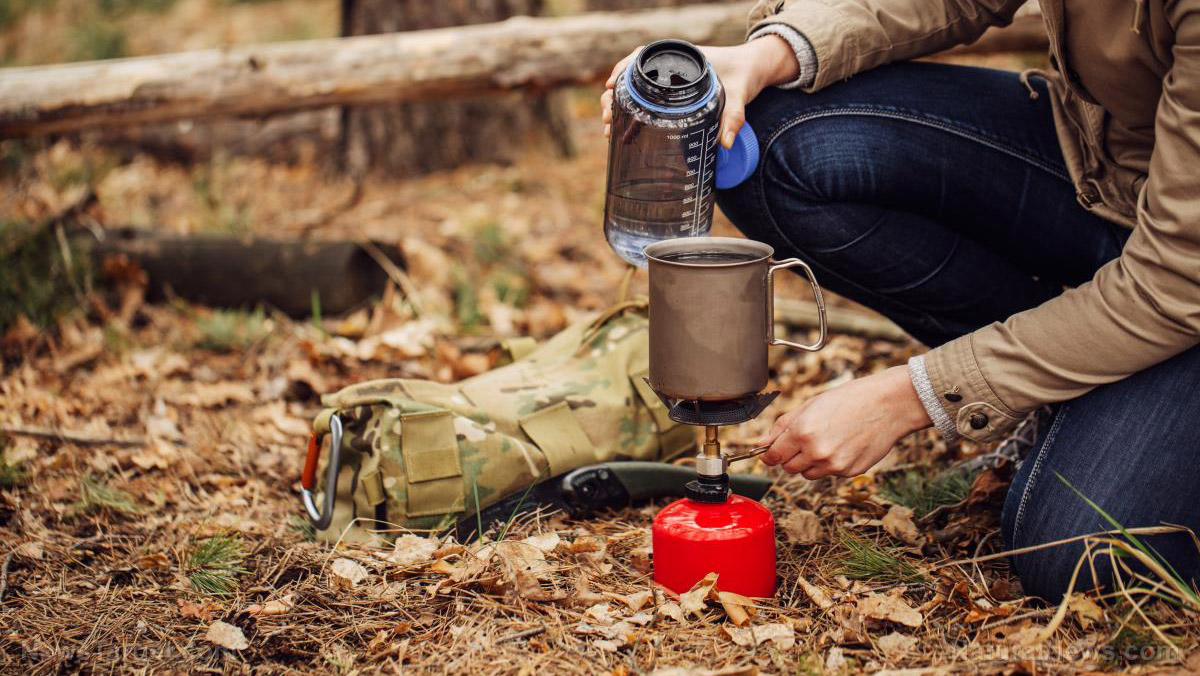Homesteading done right: Chicken droppings composting guide
03/14/2019 / By Dianne Wiley
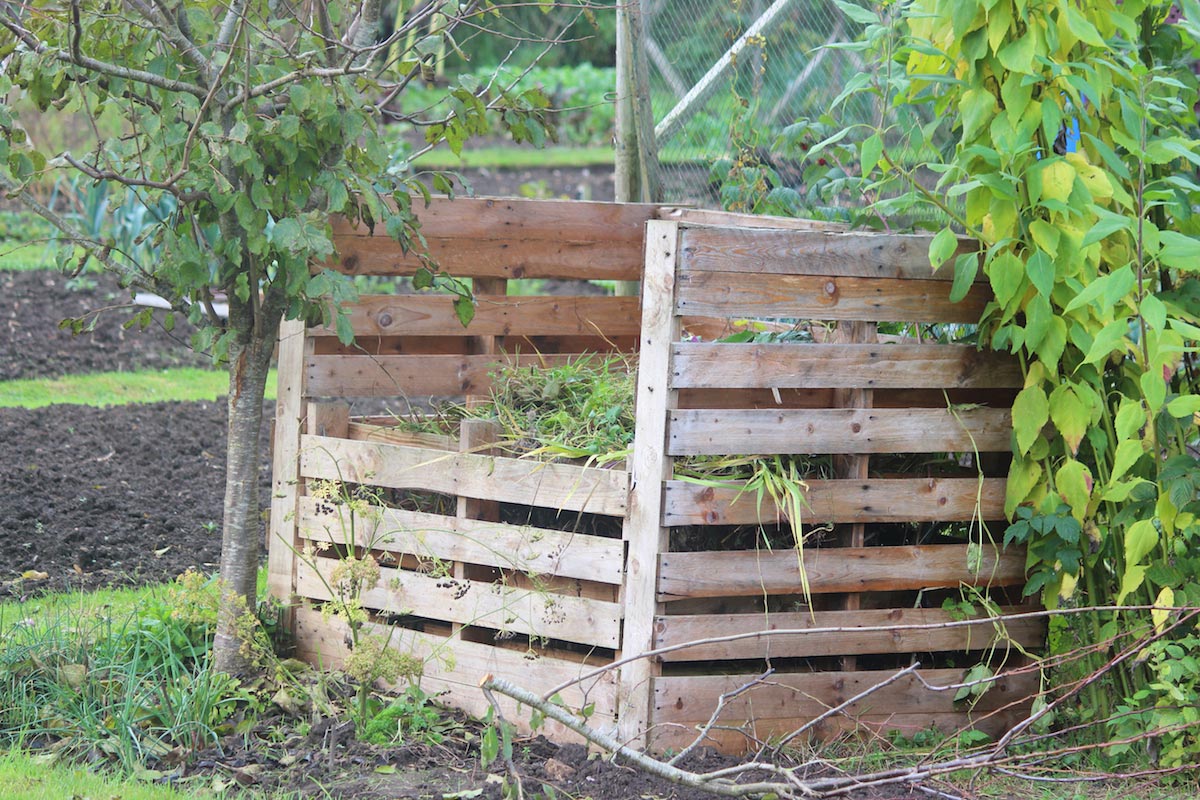
Due to its high levels of nutrients such as phosphorus, potassium, and nitrogen, chicken manure is one of the best fertilizers available to backyard gardeners. Chicken scat can bring life back to soil that has been depleted through the years. The main concern however is making sure that you turn it into compost before adding it to your fruits, vegetables, and flowers. Because of the high levels of nitrogen contained in it, raw waste can cause burns to your plants and kill more delicate root systems.
There are several ways to compost chicken manure, using either the hot compost or cold compost methods. Before starting either method, be sure to always follow safe handling guidelines. Always wear gloves as the manure can contain salmonella, E. coli, and other pathogens that can be harmful to humans and animals and remember to wash fruits and vegetables well before eating.
If you choose to go with the cold compost method, add droppings to an already established compost pile, add water and till until it is mixed. Continue to till it every few weeks and it should be complete and ready to use in six to nine months. At that point, it will look like dark soil, with no remnants of the manure or bedding visible. Just add it to your garden and you are good to go!
If you choose to do the hot compost method, begin as you would the cold method, and cover with a breathable tarp. Using a garden thermometer, check the temp and as it starts dropping, about every four to seven days, till and if needed, add water again. Continue this for a month and the temperature should remain low after the four weeks. Let it sit for another 45-60 days and it will be perfect for your garden.
Chickens can produce up to 45 pounds of waste per year, making it one of the easiest methods to fertilize a self-sustaining garden. Many people find that by adding the waste and bedding to the top layer of the soil after harvesting crops in the summer, it will compost through the autumn and winter and be ready when it is time for spring planting. By saving the parts of the plant that are not used for food or collecting seeds, you can increase the amount of compost and compliment what is made with the chicken droppings and not waste any part of your garden.
Raising chickens has many benefits as every part of the chicken can be used at some point. Eggs are a beneficial part of a diet, and for the omnivores, the chickens themselves can feed a family. In addition to using their droppings as compost, the feathers can also be used to stuff pillows and as upholstery padding. Chickens are one of the best animals to have on a self-sustaining farm because of all of the perks that come from raising them. (Related: The Health Ranger’s guide to raising healthy, happy chickens without antibiotics.)
Backyard chickens can bring life back into your soil and garden and make living off of your own hard work worth it. They are the ultimate compliment to any homesteader that wishes to live off the land and off the grid.
Sources include:
Tagged Under: backyard chickens, Fertilizers, fruit, homesteading, Organic Fertilizer, organic gardening, vegetable garden

